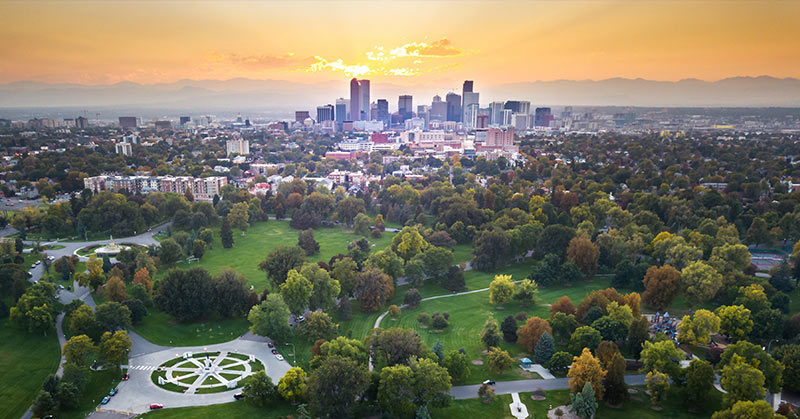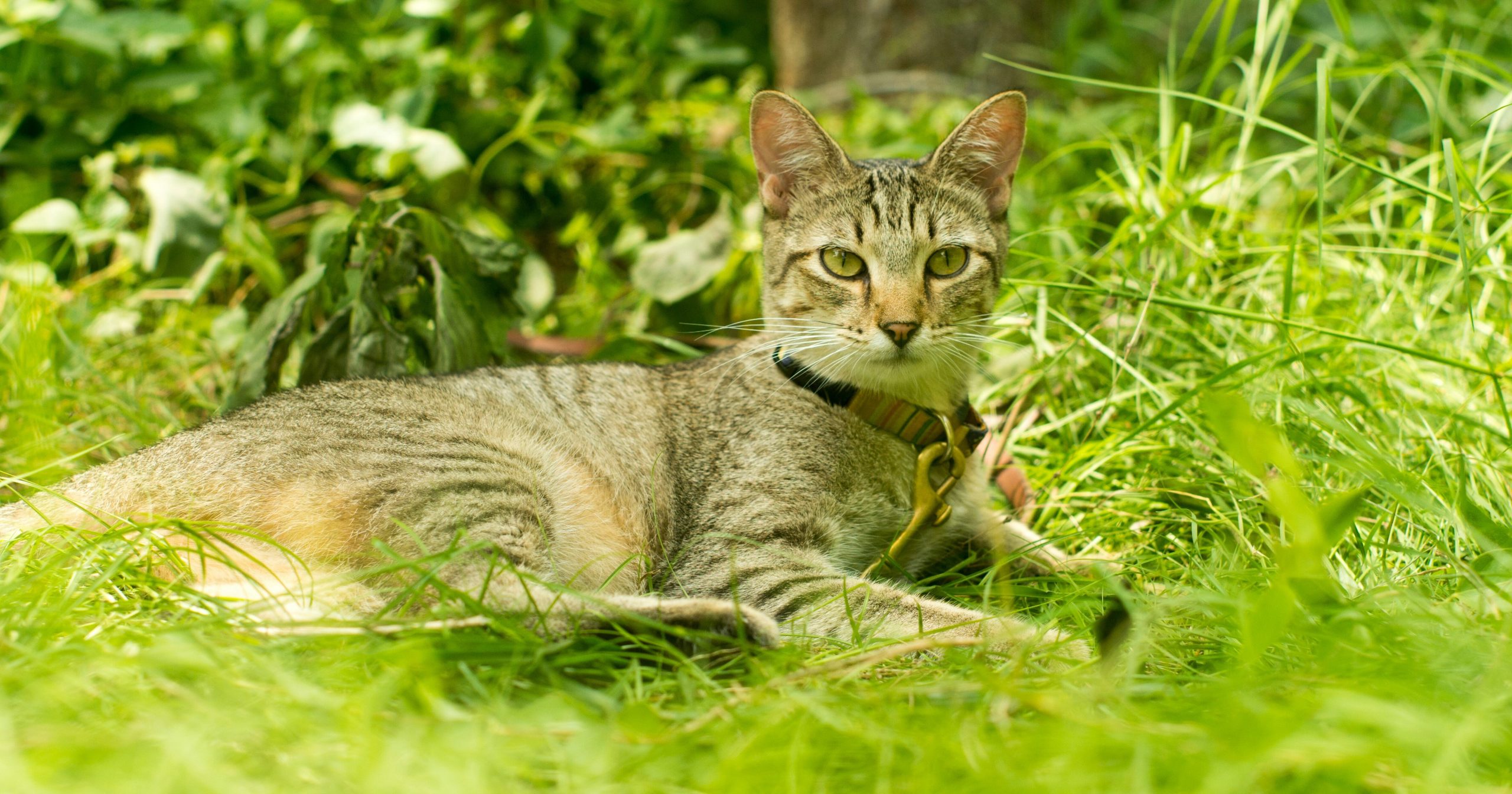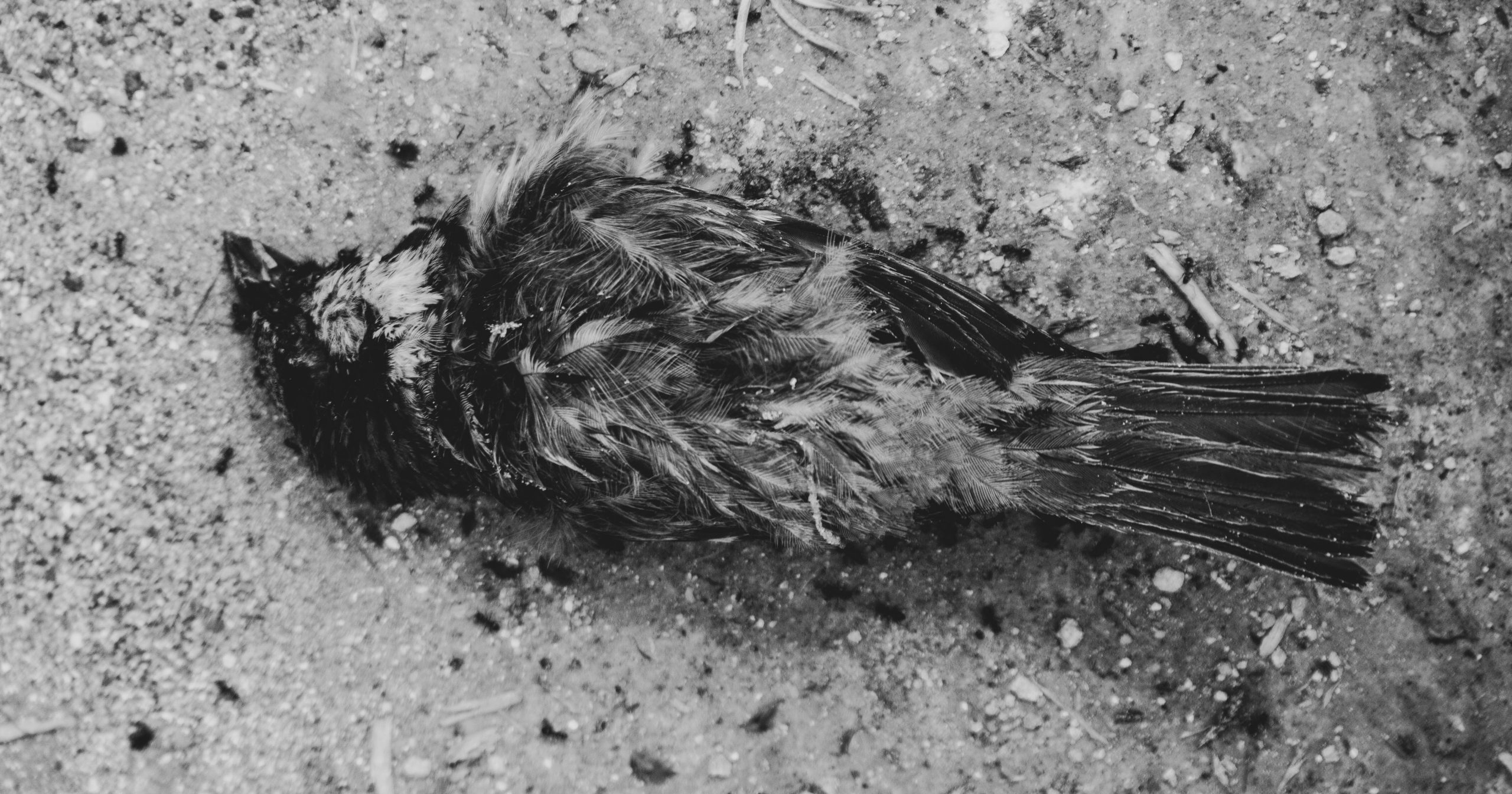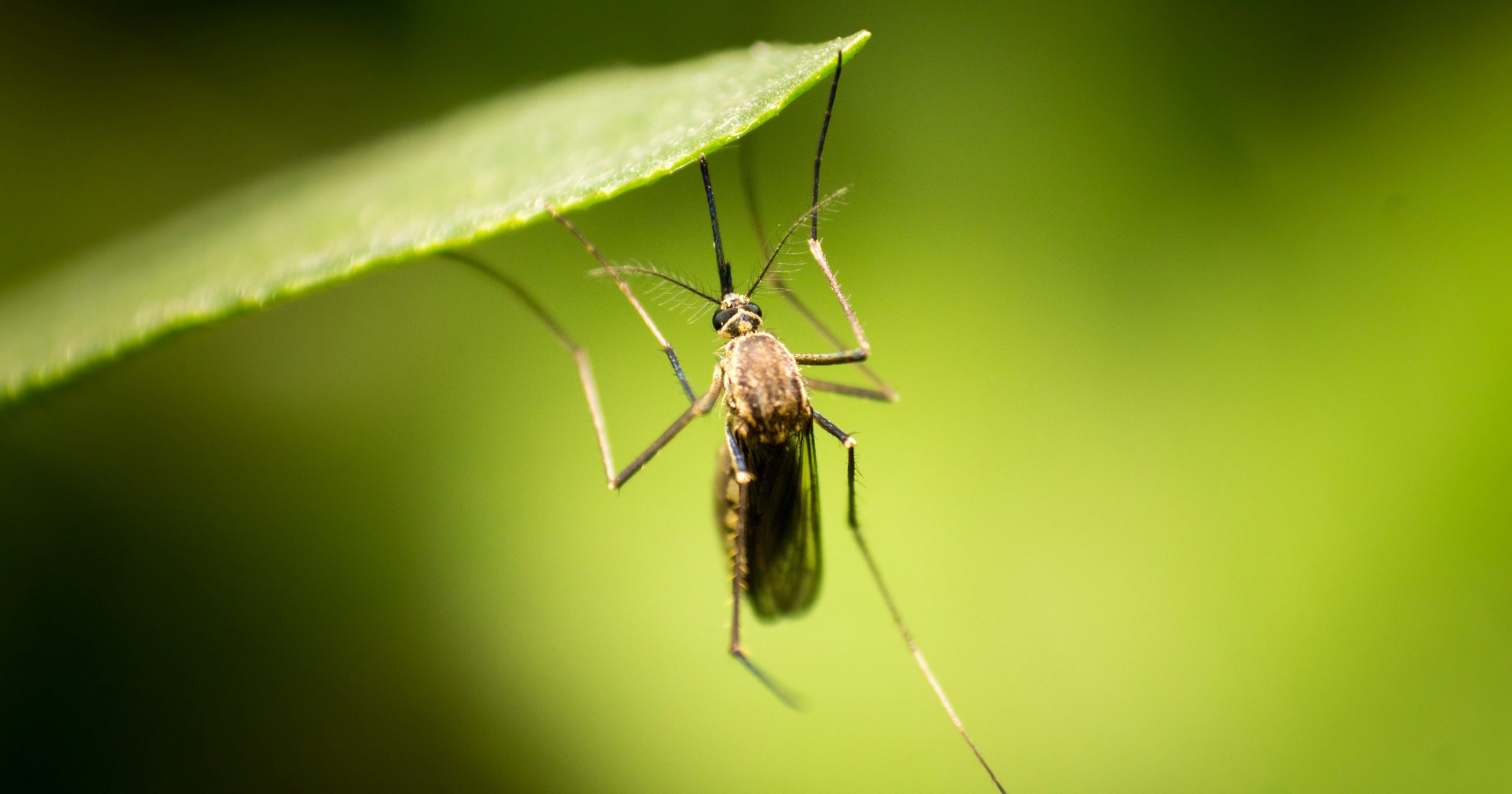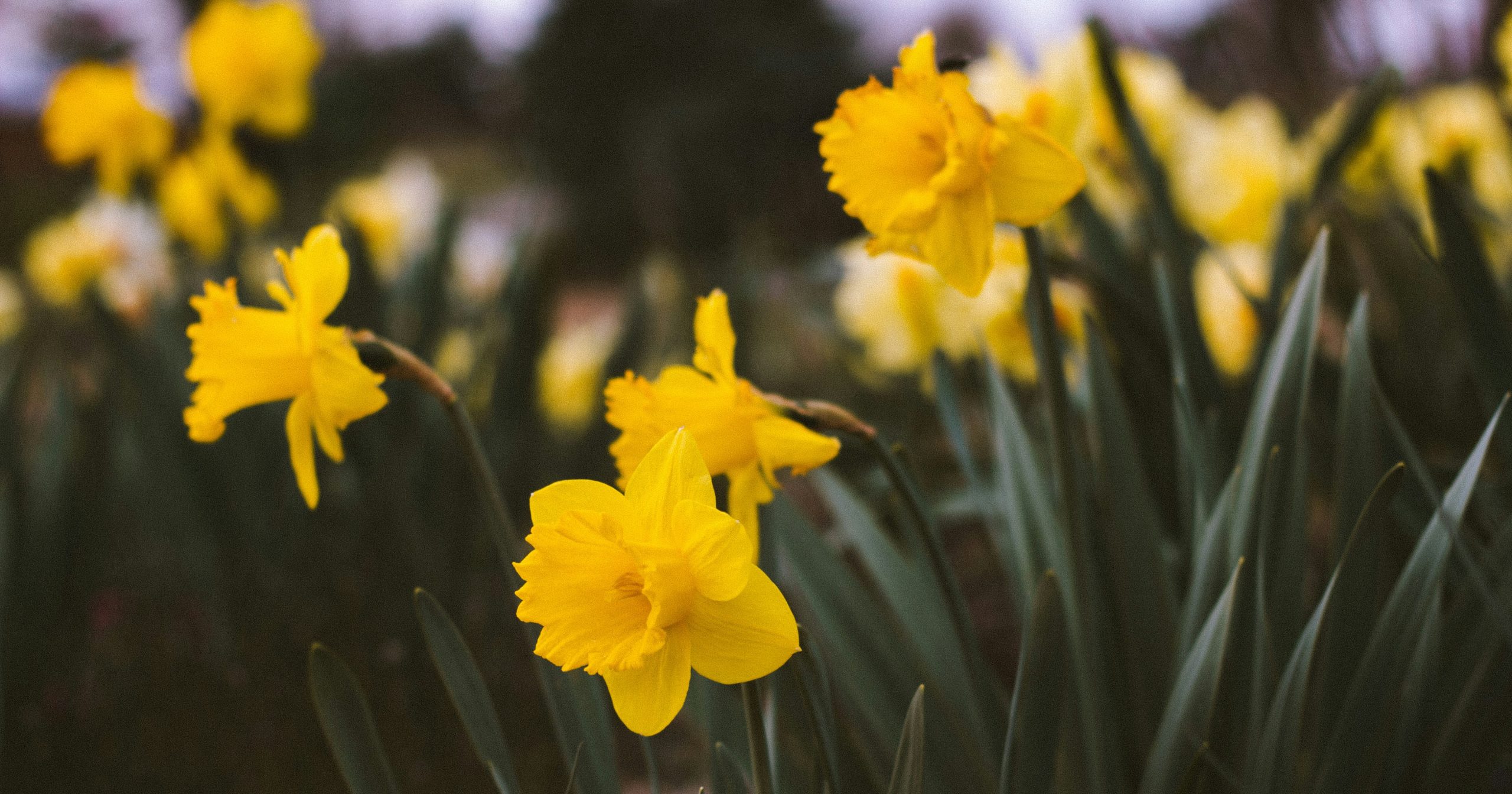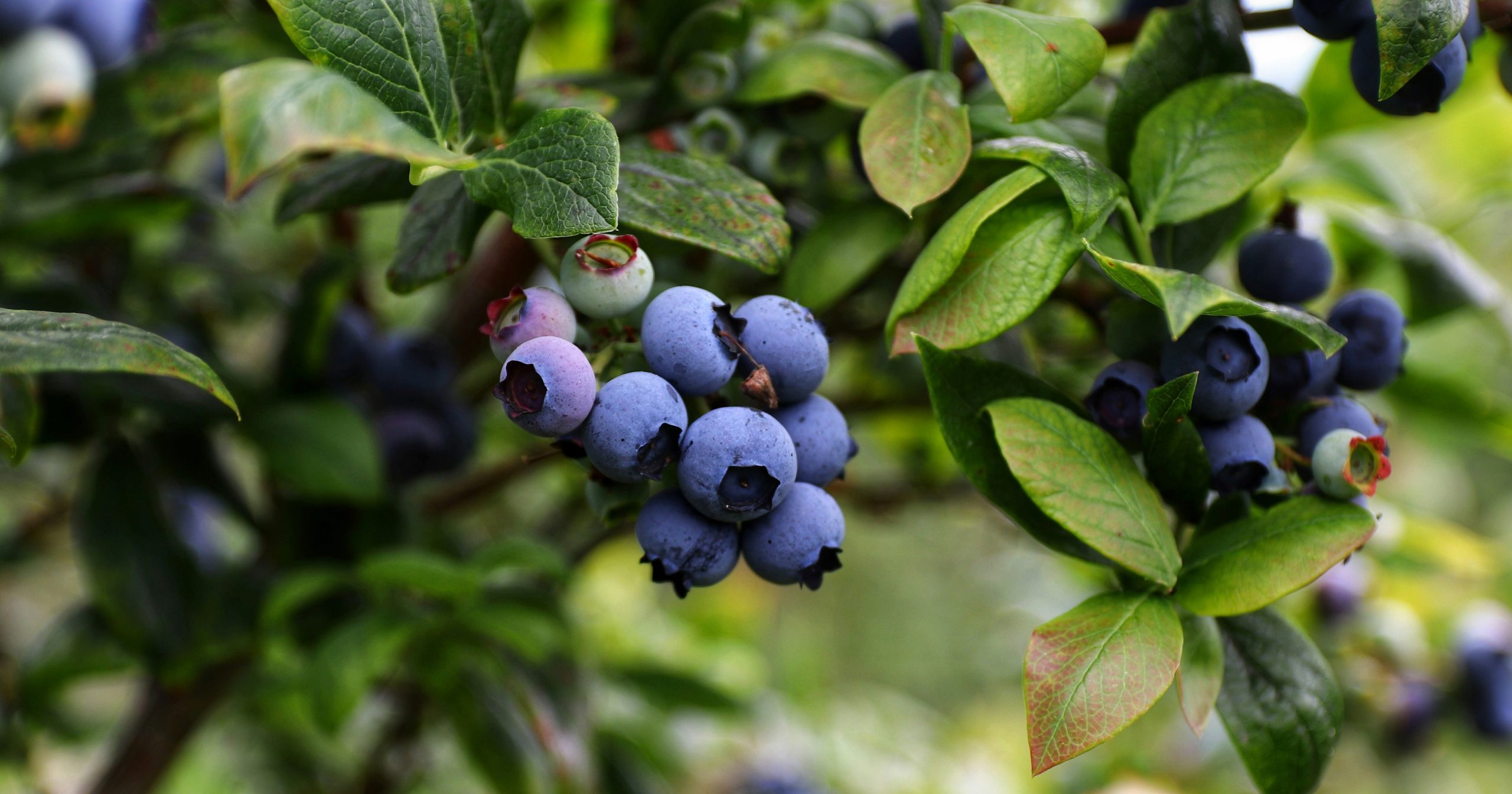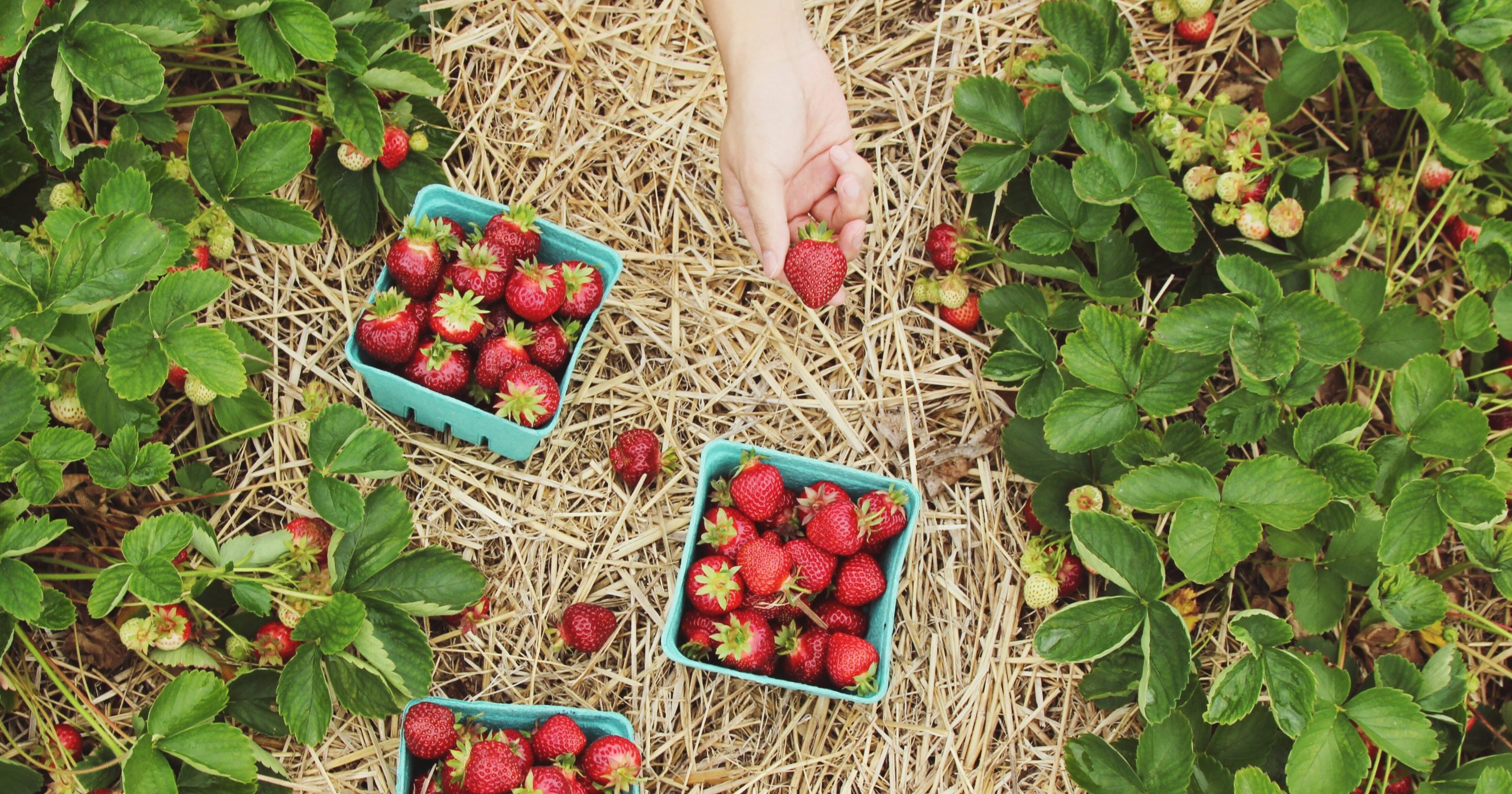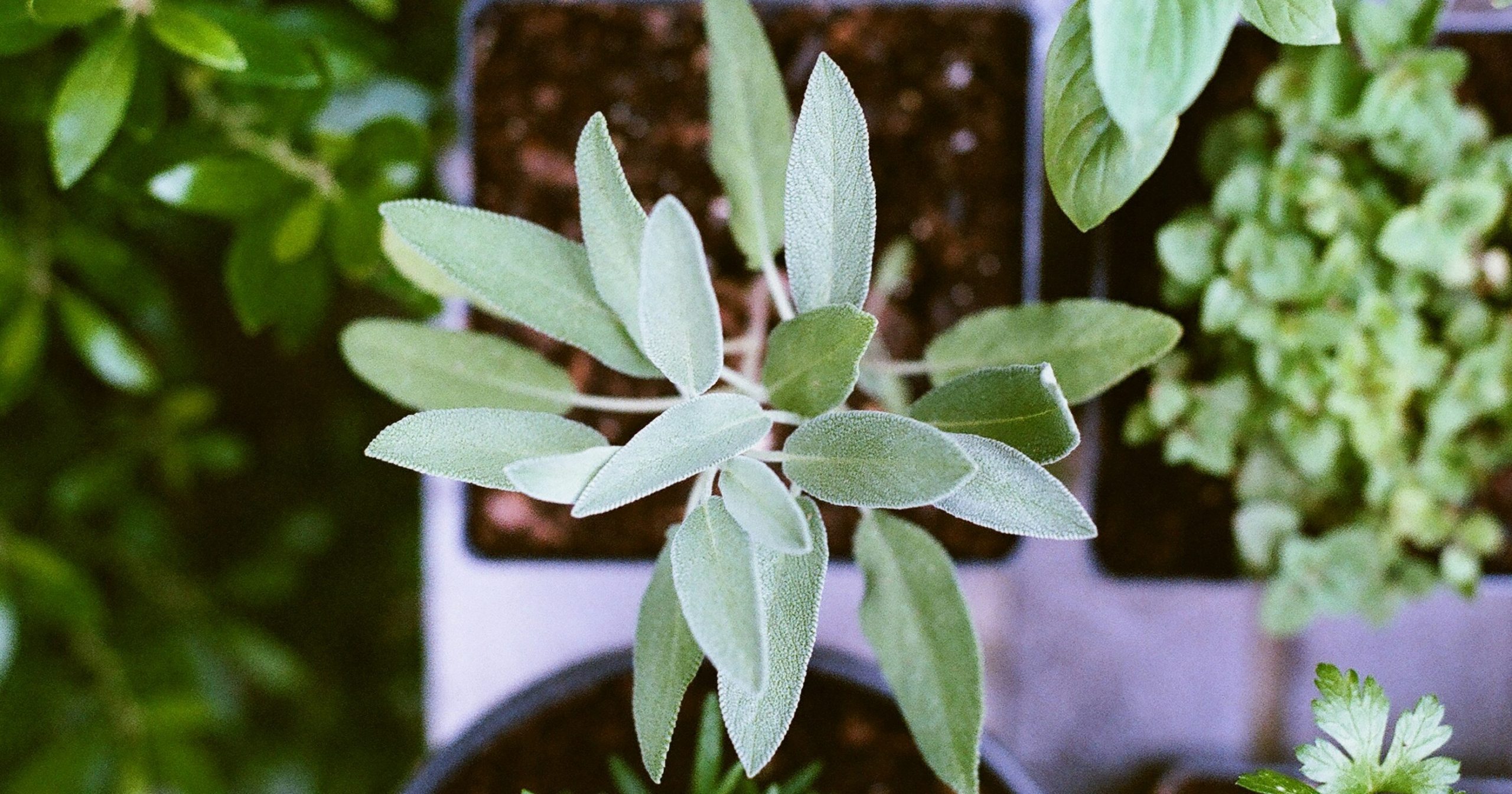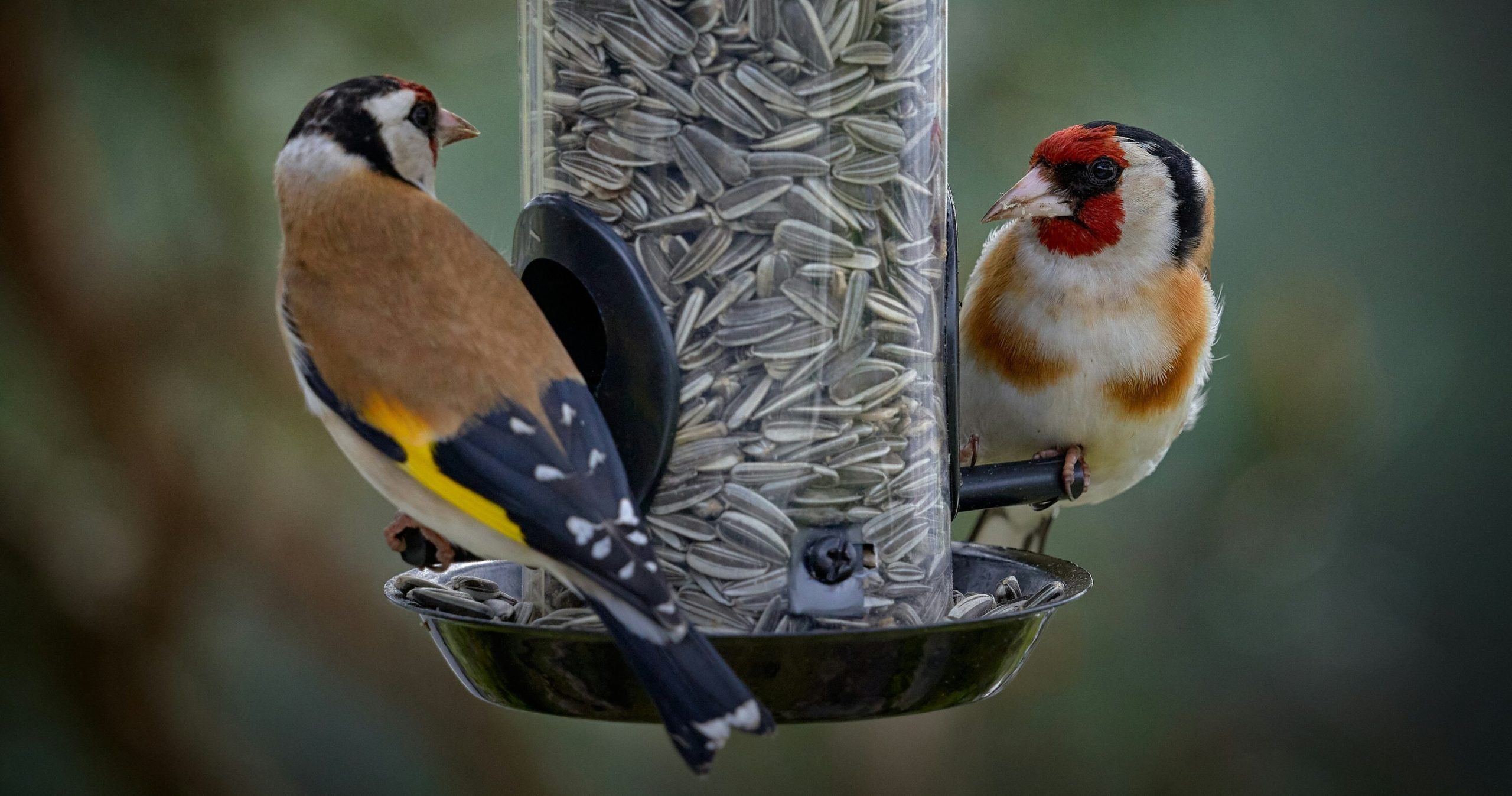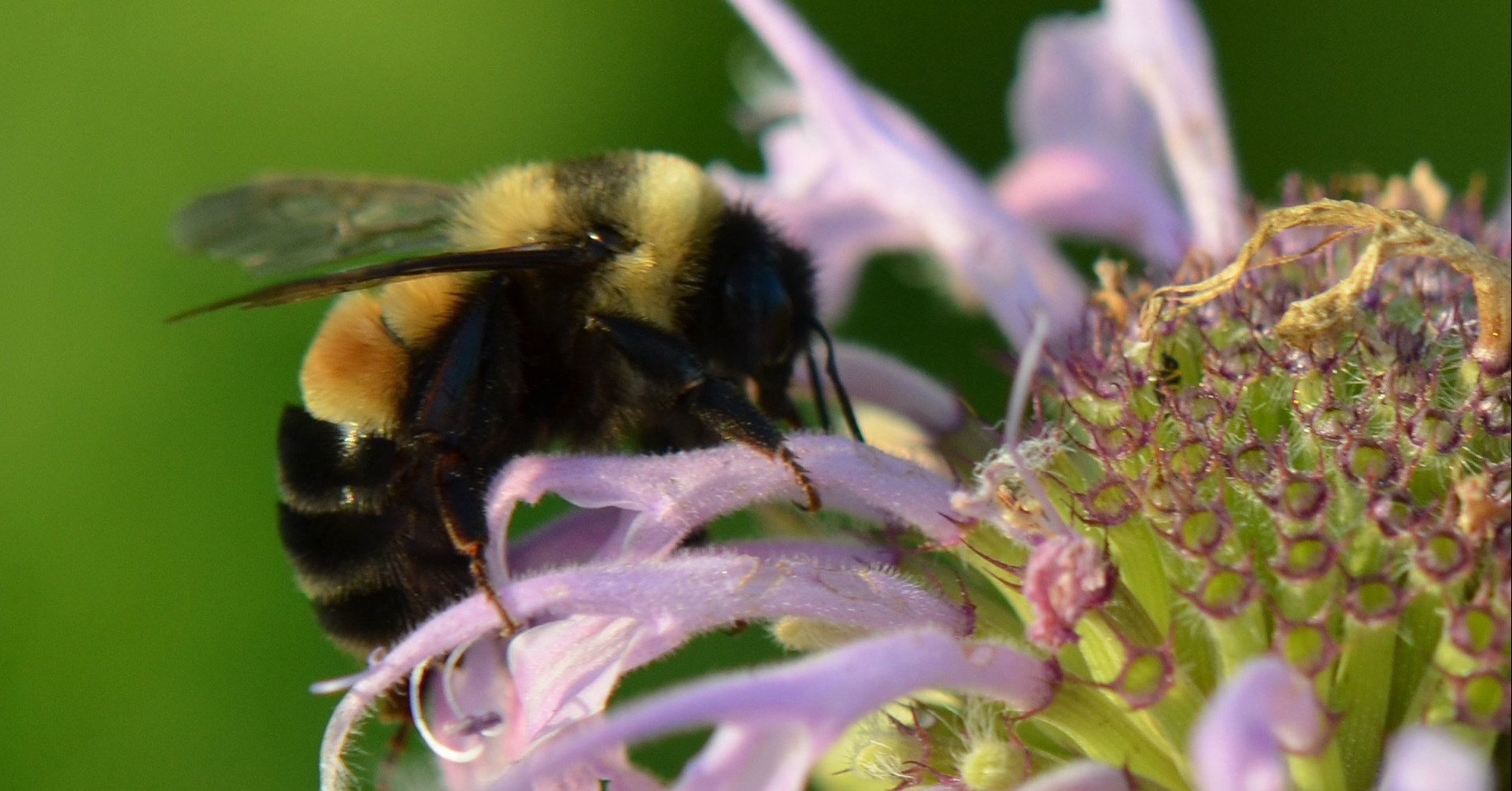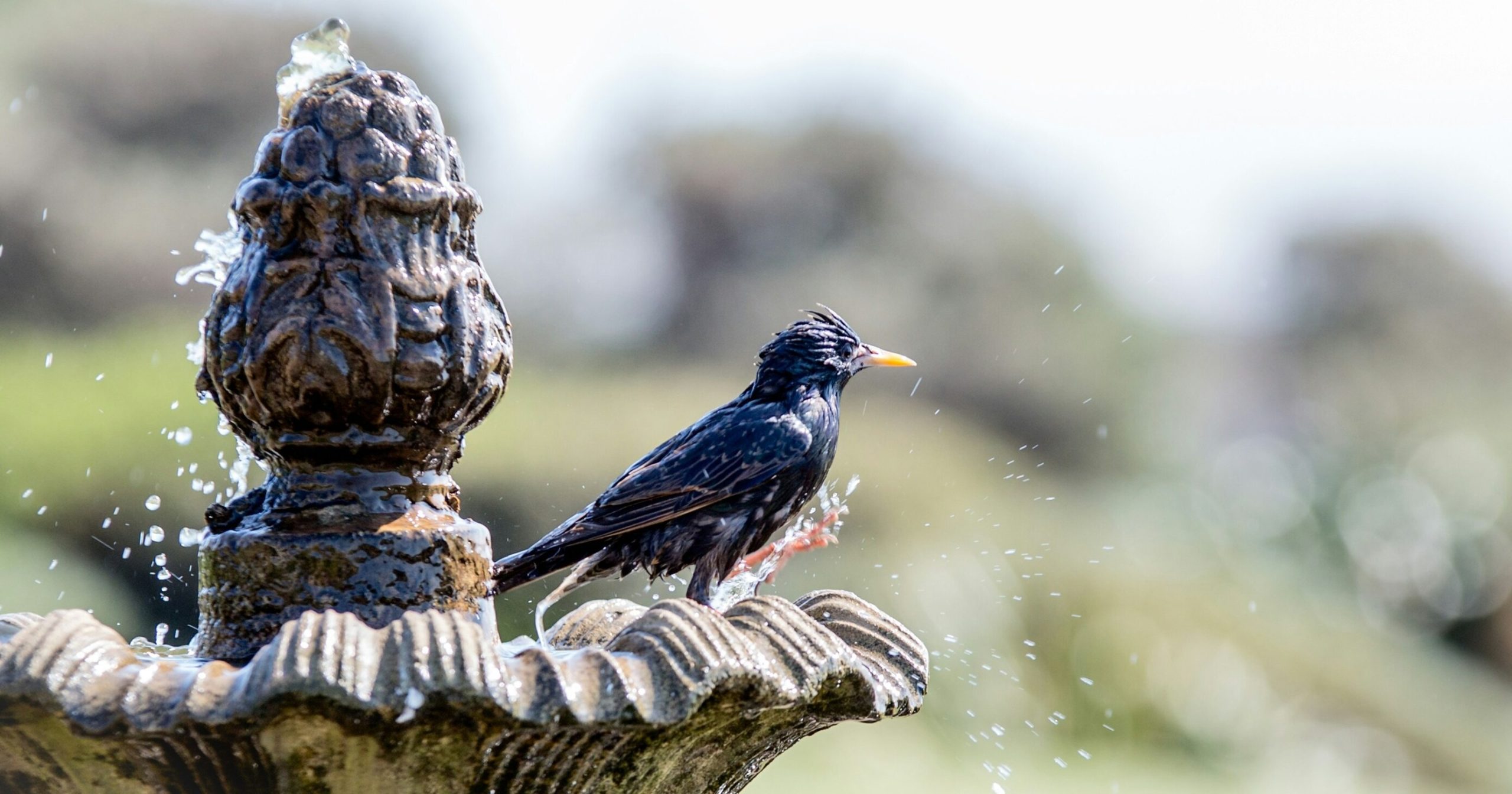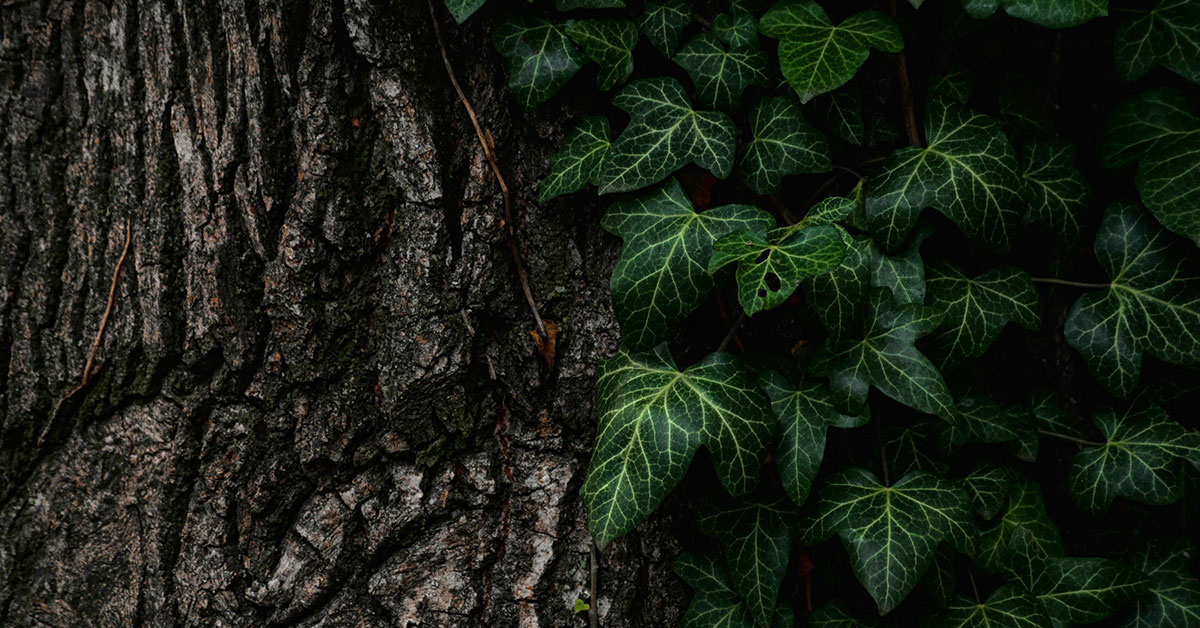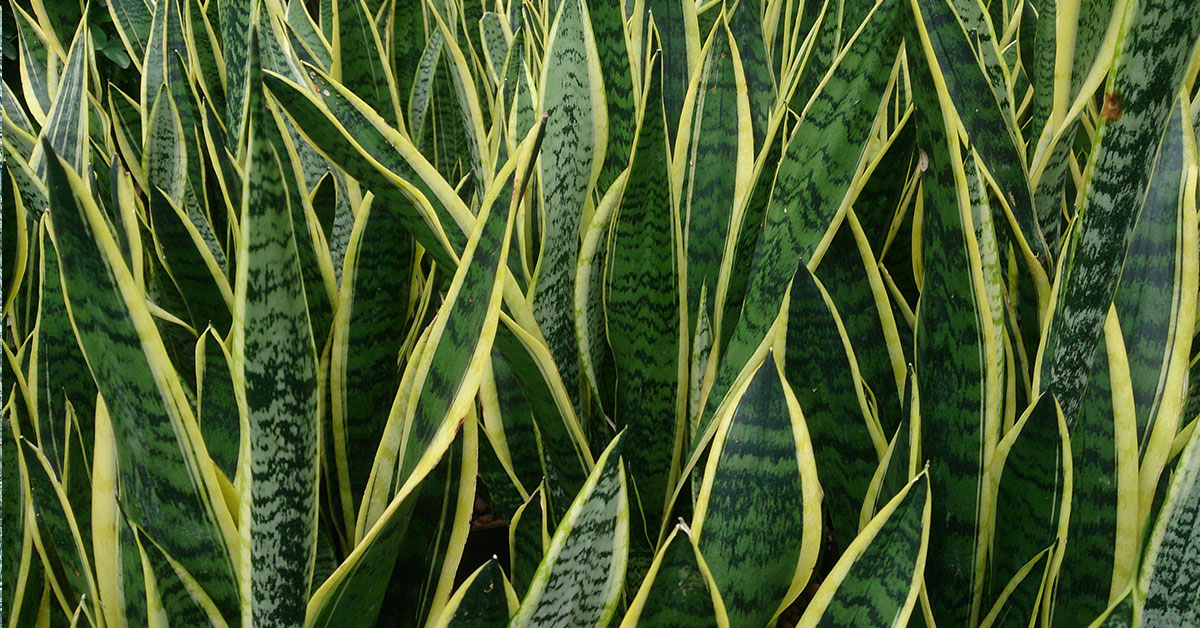Starting a garden is one of the great joys in life. Vegetable gardens are as beautiful as they are delicious. But each climate comes with its own set of special gardening tips and tricks, and high elevation gardeners will need to plan accordingly to get the most out of their mile high gardens. Denver gardening does require a bit of planning to execute properly. Here are some tips for gardening in the mile high city.
Start seeds early
Being at a higher elevation means having a shorter growing season. Your safest frost-free days in Denver are between May 15th and October 4th, giving you 142 days to grow a bodacious, productive vegetable garden. This is plenty of time to get your plants grown up to maturity, but if you’re planning on fitting more than one crop into this growing season, you’re going to want to get your seeds started early.
Consult your seed packet’s date for sowing. It may say something like “start seeds six weeks before last frost.” You may want to get started a week or two earlier, given that your planting date may wind up being closer to June than April. Having plants that are already a bit further along in their growth will help make up for lost time that lower elevation gardeners get to enjoy.
The most important Denver gardening tip: Plant after May 15th
In Denver, the safest date to plant is usually within a few days of Mother’s Day. Technically, the average final-frost date is on or before April 30th, but if you’ve lived in Colorado for more than a couple years, you probably know just how how much the weather can change in a brief period of time. A snowstorm during the first two weeks of May is not entirely out of the question.
So your safest date to plant a garden in Denver is on or after May 15th. Our advice is be ready to plant on May 15th, as your growing season is a little bit shorter than the growing season in lower elevations.
Consider a mulched raised garden bed
Denver gardening enjoys a semi-arid climate, meaning humidity is low and the sun frequently shines. In some ways, this is ideal for gardeners in the mile high city, but it does mean your soil is prone to drying out. Installing a raised garden bed and mulching the garden with grass clippings, wood chips, or anything else that helps reduce evaporation will help keep your soil from becoming excessively dry.
Watering in the early morning hours or evening hours will also help reduce evaporation and give your garden plants a
Mulch with gravel
One key trick for getting your plants established and growing is keeping the soil warm during spring days. Warmer soil means your plants get growing faster. Mulching with gravel helps absorb some of the sun’s warmth into the soil, and the gravel will contain some of that warmth after the sun goes down, helping keep the soil underneath nice and warm. Gravel also helps stymie the growth of weeds.
Protect your plants from storms
Nature can be unpredictable, and that goes double for folks who live in Colorado. There’s a saying: if you don’t like the weather in Colorado, wait five minutes. The weather can change quickly, and in the summertime, strong thunderstorms can take gardeners by surprise. I have heard tales of countless Colorado gardens being obliterated by freak hail storms, which is why I recommend that Colorado gardeners take extra steps to protect their plants from storms.
There are two good options for protecting your plants. The first is to build a domed greenhouse over your garden beds using a sturdy greenhouse plastic. Provided the hailstones aren’t the size of bowling balls, this plastic will help repel hail that might otherwise destroy your garden.
Another option is simply having a heavy plastic sheet that you can throw overtop your garden to prevent damage from hailstones. It is advisable to build some kind of frame, like with arched PVC pipes, that the plastic can rest on so it doesn’t crush your plants.
We hope our Denver gardening tips have helped you get the most out of your mile high garden!
